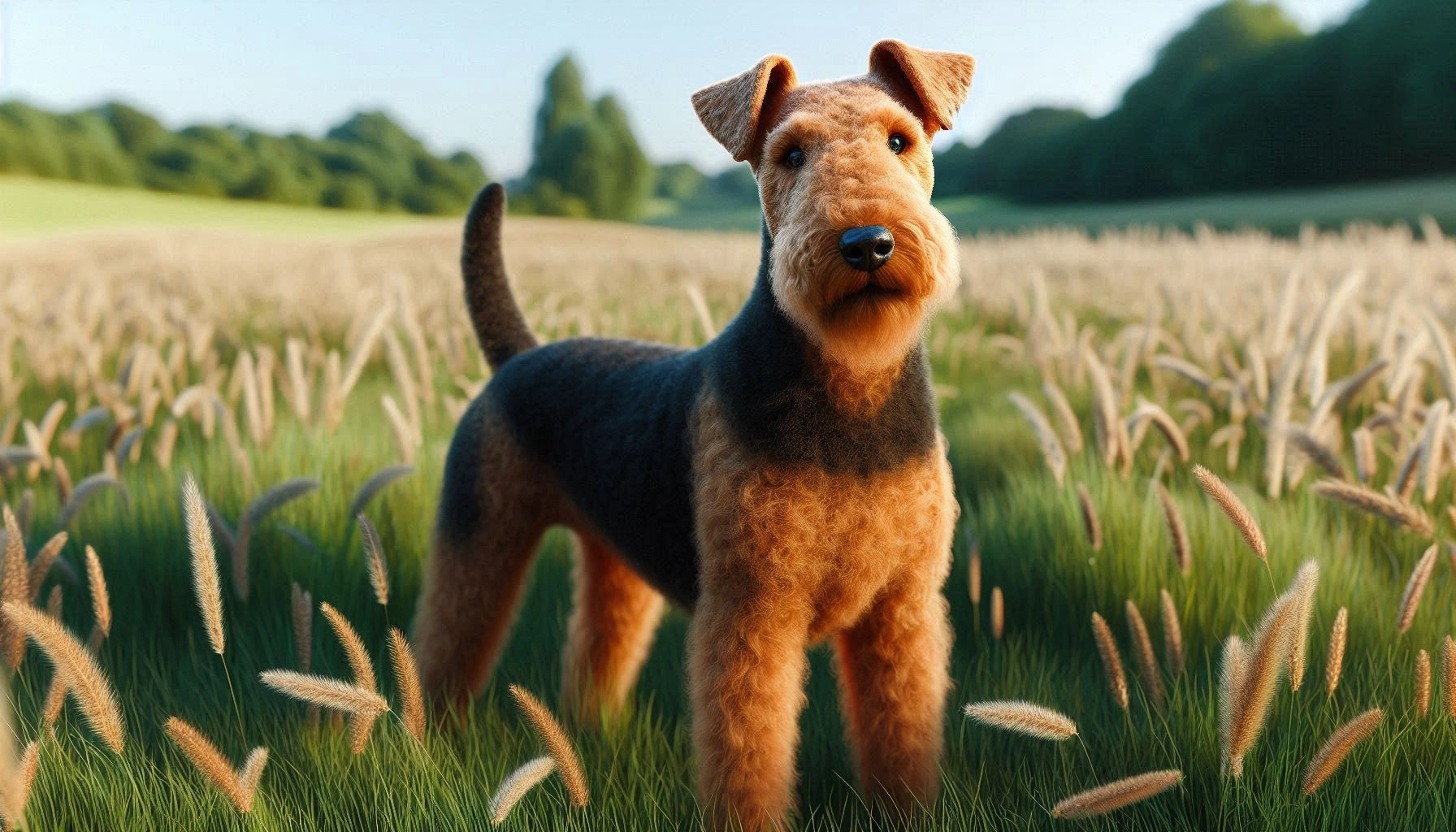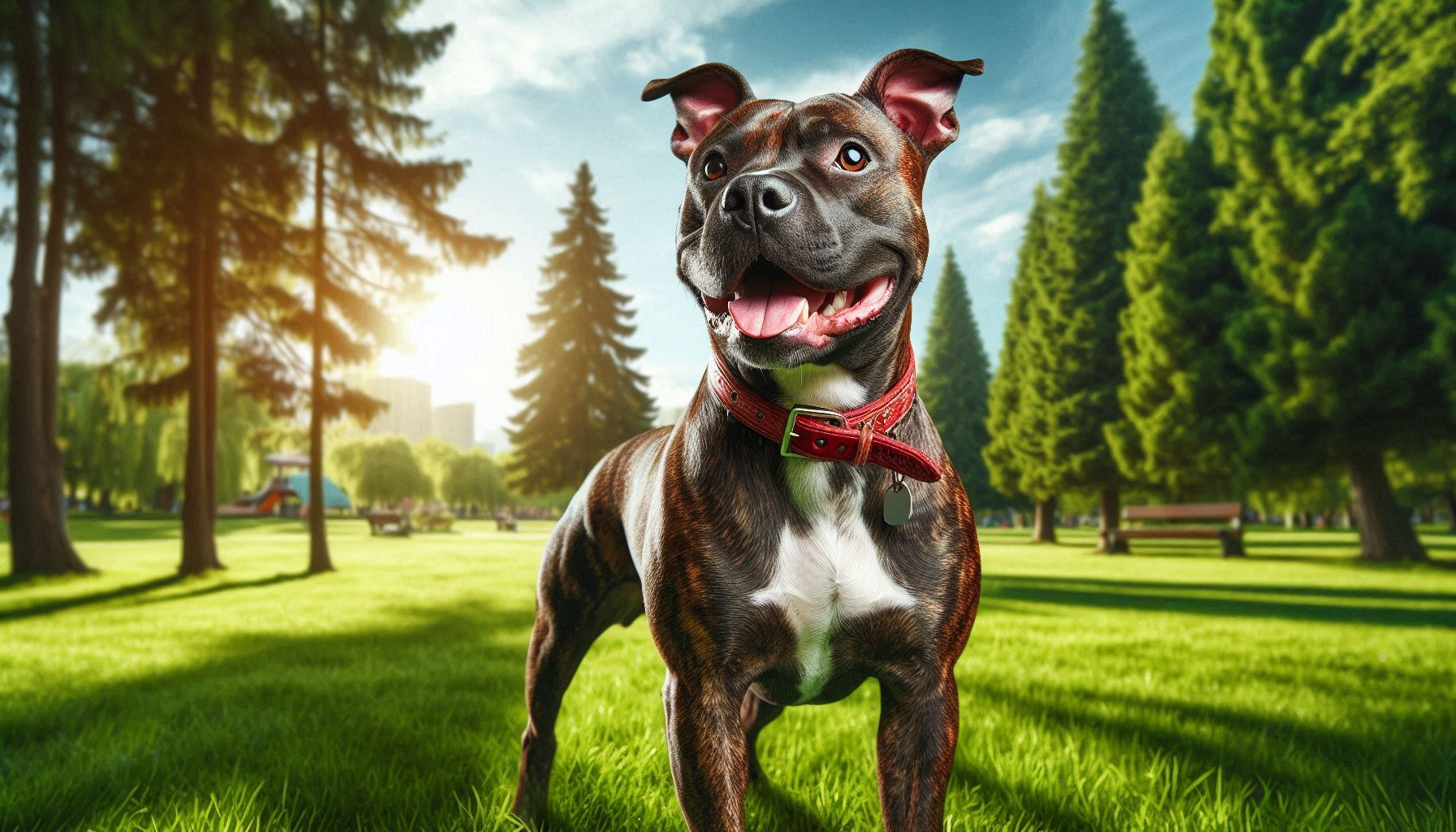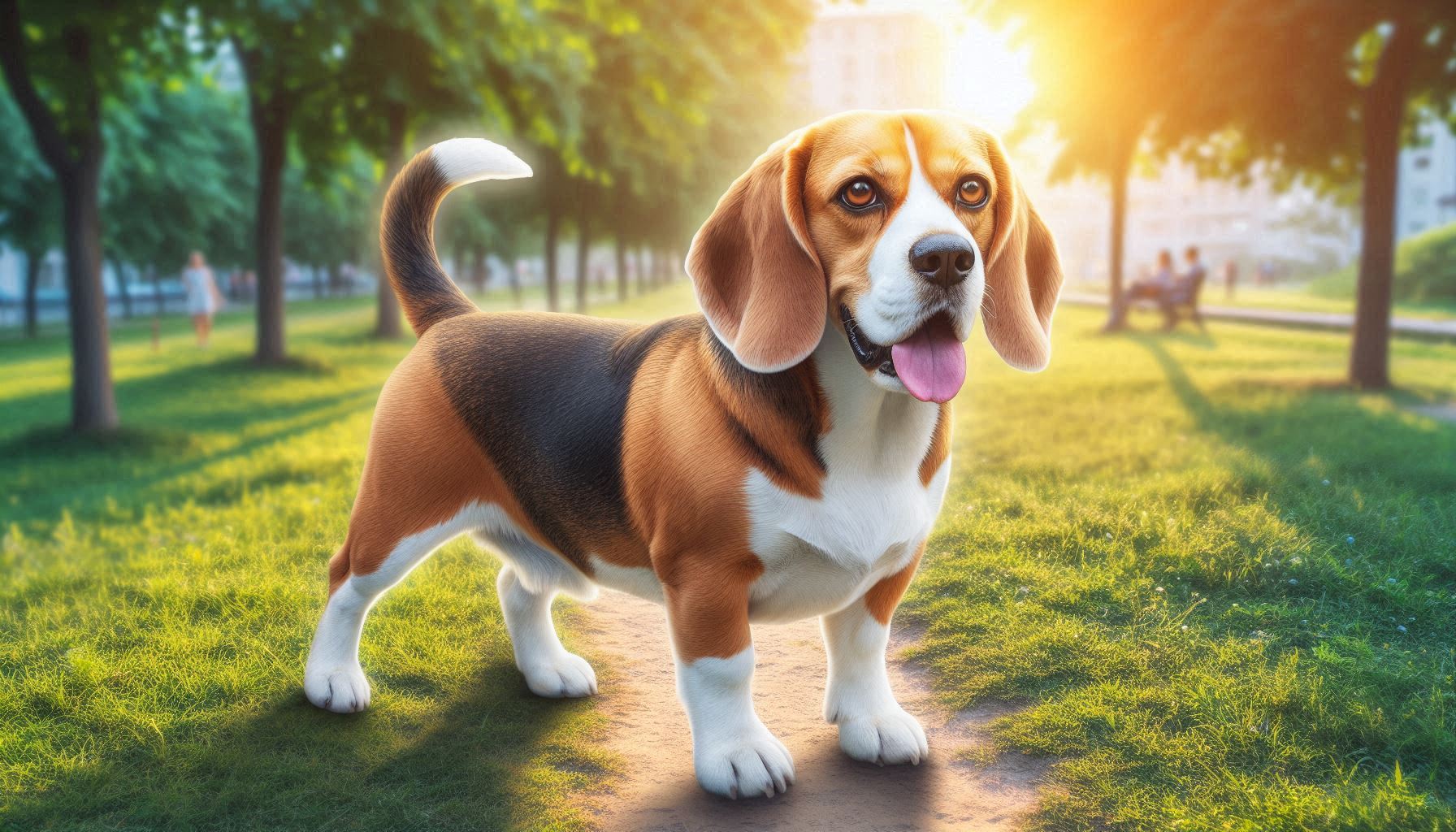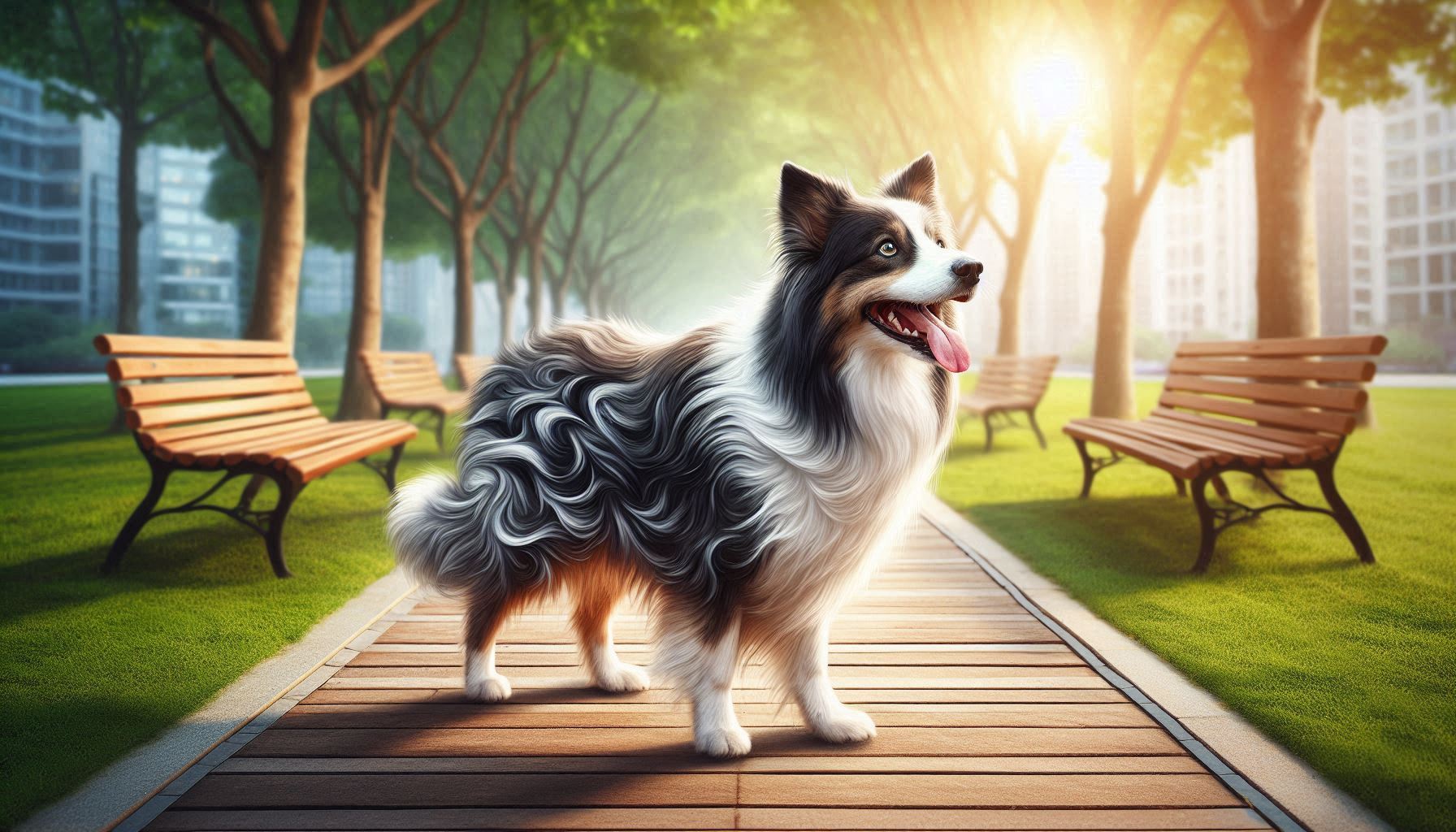Table of Contents
Manchester Terrier Dog Breed
The Manchester Terrier is a lively and intelligent dog breed known for its sleek appearance and spirited personality. Originally bred for hunting vermin, this small yet sturdy breed has a rich history and remains a popular choice among dog enthusiasts. With its keen sense of awareness and strong loyalty, the Manchester Terrier makes a fantastic companion for those seeking an energetic and devoted pet. Whether you’re a first-time dog owner or an experienced handler, the Manchester Terrier’s unique blend of traits makes it a breed worth considering.
History and Origin
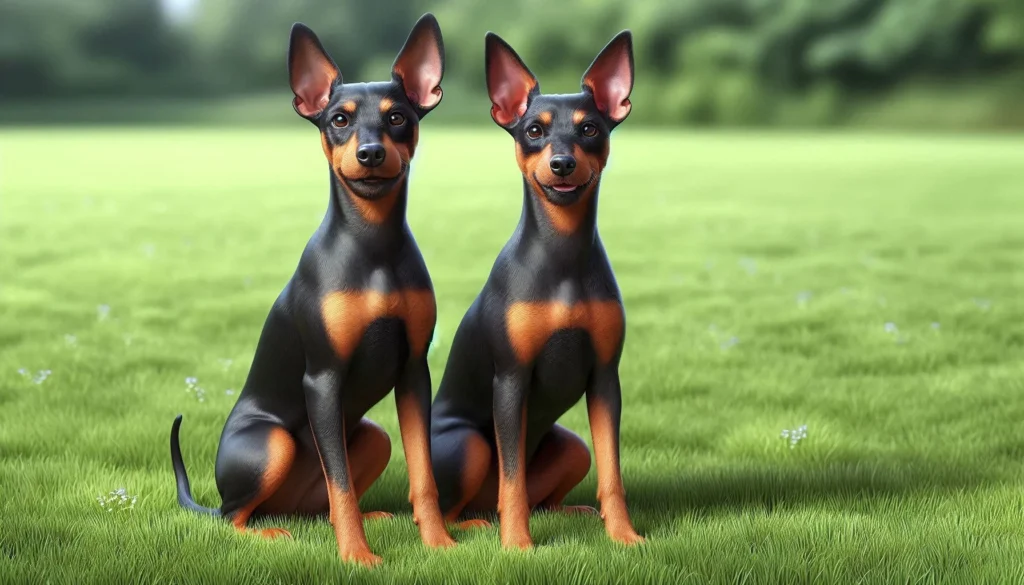
The Manchester Terrier traces its roots back to England in the 19th century, where it was bred primarily for the purpose of controlling the rat population. The breed was developed in the industrial city of Manchester by crossing the Black and Tan Terrier with the Whippet. This combination resulted in a dog that was not only efficient at hunting vermin but also fast and agile enough to chase small game.
The breed’s popularity soared during the Victorian era when rat-baiting was a popular sport. The Manchester Terrier, with its keen hunting instincts, excelled in this arena, earning a reputation as a formidable ratter. Over time, the breed’s role evolved from a working dog to a beloved companion, and it was eventually recognized by the Kennel Club in the UK in 1879. Today, the Manchester Terrier is celebrated for its versatility, serving as both a loyal family pet and a competitive show dog.
Physical Characteristics
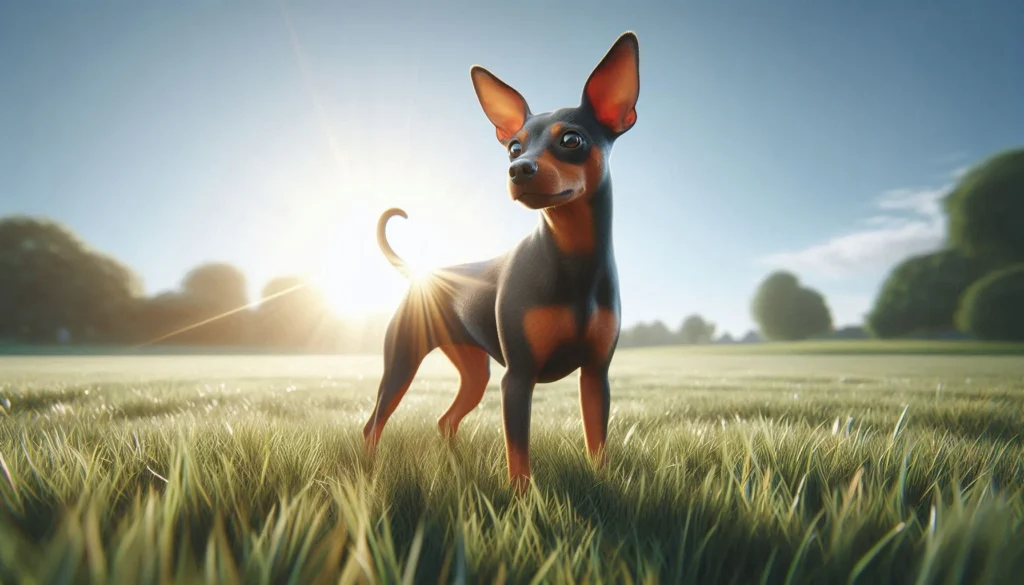
The Manchester Terrier is a small yet athletic breed with a well-balanced and elegant appearance. Here are some key physical characteristics:
- Size: Manchester Terriers come in two varieties—Standard and Toy. The Standard variety typically weighs between 12 to 22 pounds and stands about 15 to 16 inches tall at the shoulder. The Toy variety is smaller, weighing around 6 to 12 pounds and standing 10 to 12 inches tall.
- Coat Type: The breed has a short, smooth coat that lies close to the body, providing a sleek and polished look. The coat is easy to care for and requires minimal grooming.
- Colors: Manchester Terriers are known for their striking black and tan coloration. The black is a deep, glossy shade, while the tan markings are rich and well-defined, typically appearing on the muzzle, legs, chest, and under the tail.
- Distinctive Features: The breed has a wedge-shaped head with a sharp, alert expression. The ears are typically v-shaped and stand erect, although in the Toy variety, they may also be buttoned (folded over at the tips). The Manchester Terrier’s tail is moderately short and tapers to a point, carried in a slight upward curve.
Temperament and Personality
The Manchester Terrier is a breed brimming with personality. Energetic, intelligent, and affectionate, these dogs form strong bonds with their owners and thrive in environments where they are included in family activities. Here’s what you can expect in terms of temperament:
- Loyalty: Manchester Terriers are fiercely loyal to their families and are known for their protective nature. They make excellent watchdogs, alerting their owners to any unusual activity with their sharp bark.
- Intelligence: This breed is highly intelligent and quick to learn, making training relatively easy. However, they can also be somewhat independent, requiring a firm and consistent approach.
- Energy Levels: Manchester Terriers are lively dogs that require regular exercise to keep them happy and healthy. They enjoy activities such as running, playing fetch, and participating in dog sports like agility and obedience.
- Socialization: Early socialization is crucial for this breed to ensure they develop into well-rounded adults. While they generally get along well with children and other pets, their strong prey drive means they might be tempted to chase smaller animals.
- Affectionate Nature: Despite their spirited personality, Manchester Terriers are affectionate and enjoy spending time with their families. They are known to be good companions, often seeking out attention and cuddles from their loved ones.
Health and Lifespan
The Manchester Terrier is generally a healthy breed, but like all dogs, they are prone to certain health issues. Understanding these can help ensure your Manchester Terrier lives a long and healthy life.
- Common Health Issues:
- Patellar Luxation: This is a condition where the kneecap dislocates or moves out of its normal position. It can cause discomfort and, in severe cases, may require surgery.
- Legg-Calvé-Perthes Disease: This is a condition affecting the hip joint, leading to pain and lameness. It is more commonly seen in the Toy variety.
- Von Willebrand’s Disease: A hereditary bleeding disorder that affects the blood’s ability to clot properly.
- Hypothyroidism: A condition where the thyroid gland does not produce enough hormones, leading to symptoms such as weight gain, lethargy, and skin issues.
- Lifespan: The average lifespan of a Manchester Terrier is around 14 to 16 years, though with proper care and regular veterinary check-ups, they can live even longer.
- Health Tips:
- Regular veterinary visits are essential to monitor for any signs of the above conditions.
- A balanced diet, regular exercise, and maintaining a healthy weight can help prevent many common health issues.
- Dental care is also important for this breed, as they can be prone to dental issues. Regular brushing and dental check-ups are recommended.
Care and Grooming

Caring for a Manchester Terrier is relatively straightforward, thanks to their low-maintenance coat and manageable size. Here are some tips to keep your Manchester Terrier looking and feeling their best:
- Grooming:
- The Manchester Terrier’s short coat requires minimal grooming. A weekly brushing with a soft brush or grooming mitt will help remove loose hair and keep their coat shiny.
- Regular nail trimming is necessary to prevent overgrowth, which can be uncomfortable for the dog.
- Check and clean their ears regularly to prevent infections, especially if they are the Toy variety with button ears.
- Bathing should be done as needed, typically every few months or if they get particularly dirty.
- Exercise:
- Manchester Terriers are energetic dogs that need regular exercise to stay healthy and happy. Aim for at least 30 minutes to an hour of physical activity each day.
- They enjoy a variety of activities, including walks, runs, playtime in a fenced yard, and participation in dog sports.
- Mental stimulation is also important for this intelligent breed. Puzzle toys, training sessions, and interactive play can help keep their minds sharp.
- Diet:
- A high-quality commercial dog food that meets the breed’s nutritional needs is recommended. Be sure to choose a formula appropriate for their size, age, and activity level.
- Monitor their food intake to prevent obesity, which can lead to health problems.
- Treats should be given in moderation and should not exceed 10% of their daily caloric intake.
Training and Socialization
Training a Manchester Terrier can be a rewarding experience, thanks to their intelligence and eagerness to please. However, they do have an independent streak, so consistency and patience are key.
- Training Tips:
- Start training early, using positive reinforcement methods such as treats, praise, and play. This breed responds well to rewards-based training.
- Keep training sessions short and engaging to prevent boredom. Manchester Terriers thrive on variety and challenges.
- Basic obedience training is essential to ensure they grow into well-behaved adults. Focus on commands like sit, stay, come, and leave it.
- Crate training can be beneficial for housebreaking and providing a safe space for your dog.
- Socialization:
- Early socialization is crucial for Manchester Terriers. Expose them to different people, environments, and other animals from a young age to help them develop into confident adults.
- Regularly introduce them to new experiences, such as car rides, trips to the park, and visits to pet-friendly stores.
- Encourage positive interactions with other dogs to prevent any potential aggression or fearfulness.
Suitability as a Family Pet

Manchester Terriers can make excellent family pets, but there are some important considerations to keep in mind:
- Living Environment:
- They are adaptable and can live comfortably in both apartments and houses, as long as they get enough exercise.
- A securely fenced yard is recommended to prevent them from chasing after small animals or exploring on their own.
- Children and Other Pets:
- Manchester Terriers generally do well with children, especially if they are raised with them. However, due to their small size, supervision is necessary to prevent accidental injury during play.
- They can get along with other pets, particularly dogs of similar size and energy levels. However, their strong prey drive means they may not be the best fit for homes with small animals like hamsters or rabbits.
- Energy Levels:
- This breed has a high energy level and requires regular physical and mental stimulation. Families with active lifestyles may find them to be a perfect match.
- They enjoy being involved in family activities and do best in homes where they are not left alone for long periods.
Fun Facts and Trivia
- The Manchester Terrier is often called the “Gentleman’s Terrier” due to its elegant appearance and dignified demeanor.
- The breed was once known as the “Rat Terrier” because of its prowess in hunting rats.
- A Manchester Terrier named “Billy” is said to have killed 100 rats in just 6 minutes, showcasing the breed’s incredible speed and agility.
- Manchester Terriers are one of the oldest terrier breeds, with a history that dates back over 200 years.
- Despite their small size, Manchester Terriers have a big personality and often think of themselves as larger dogs.
Similar Dog Breeds
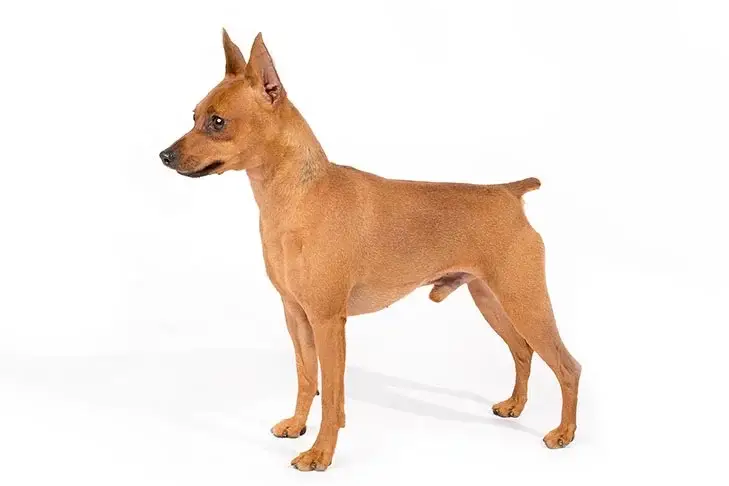
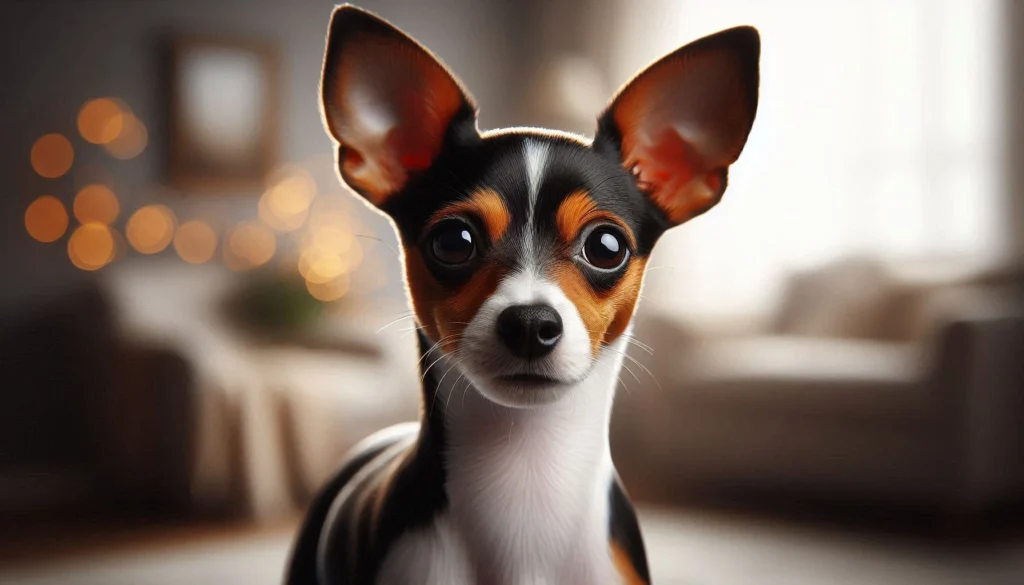
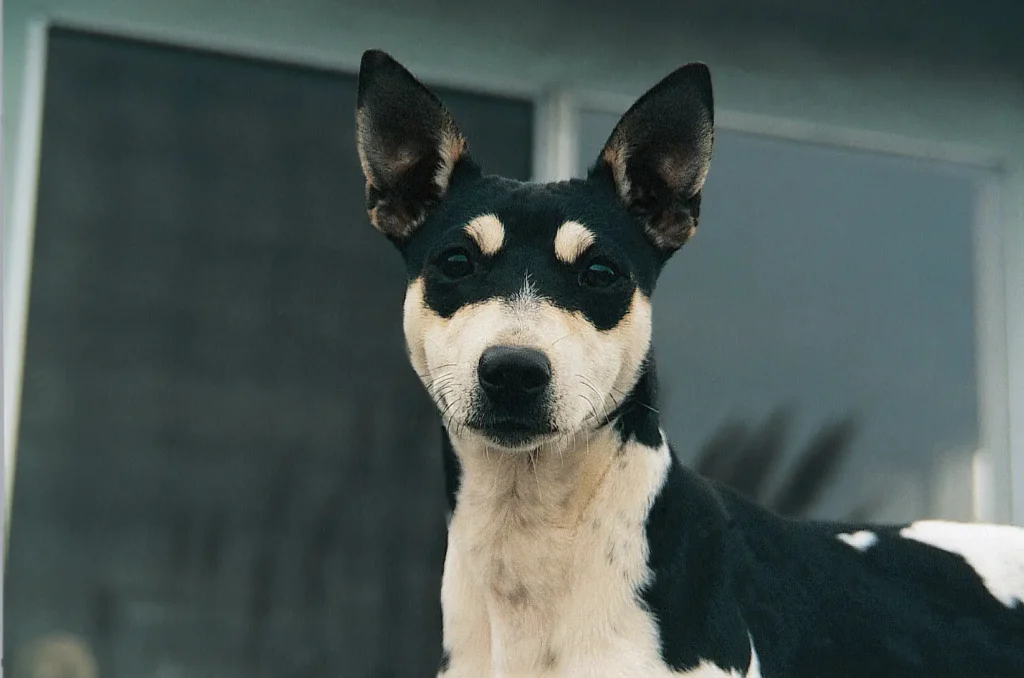
- Miniature Pinscher:
- Often mistaken for a Manchester Terrier, the Miniature Pinscher is a small, lively breed with a similar black and tan coloration. Known for their fearless nature, they are energetic and confident, making them a great companion for active individuals.
- Toy Fox Terrier:
- The Toy Fox Terrier is a small, agile breed with a strong prey drive and a playful personality. Like the Manchester Terrier, they are intelligent and quick to learn, making them a joy to train. They are also known for their loyalty and affection towards their owners.
- Rat Terrier:
- The Rat Terrier is another breed with a history rooted in hunting vermin. They share the Manchester Terrier’s alertness and energy, as well as a similar size and build. Rat Terriers are versatile dogs that excel in a variety of activities, from agility to obedience.
Conclusion
The Manchester Terrier is a breed that combines intelligence, loyalty, and a lively spirit in a small, elegant package. Whether you’re looking for a devoted companion, a capable watchdog, or a competitive show dog, the Manchester Terrier has something to offer. With proper care, training, and socialization, they can make a wonderful addition to many different types of households. If you’re considering adding a Manchester Terrier to your family, take the time to learn more about this unique breed and see if it’s the right fit for your lifestyle.
FAQ
Is the Manchester Terrier a dangerous dog?
No, the Manchester Terrier is not a dangerous dog. While they are protective of their families and can be wary of strangers, they are not aggressive by nature. With proper training and socialization, they are friendly and well-mannered pets.
Is the Manchester Terrier a good guard dog?
Yes, the Manchester Terrier can be a good guard dog. Their alertness and loyalty make them excellent watchdogs. They will quickly alert their owners to any unusual activity, but they are not typically aggressive. Their primary role is to serve as an early warning system rather than a physical deterrent.
